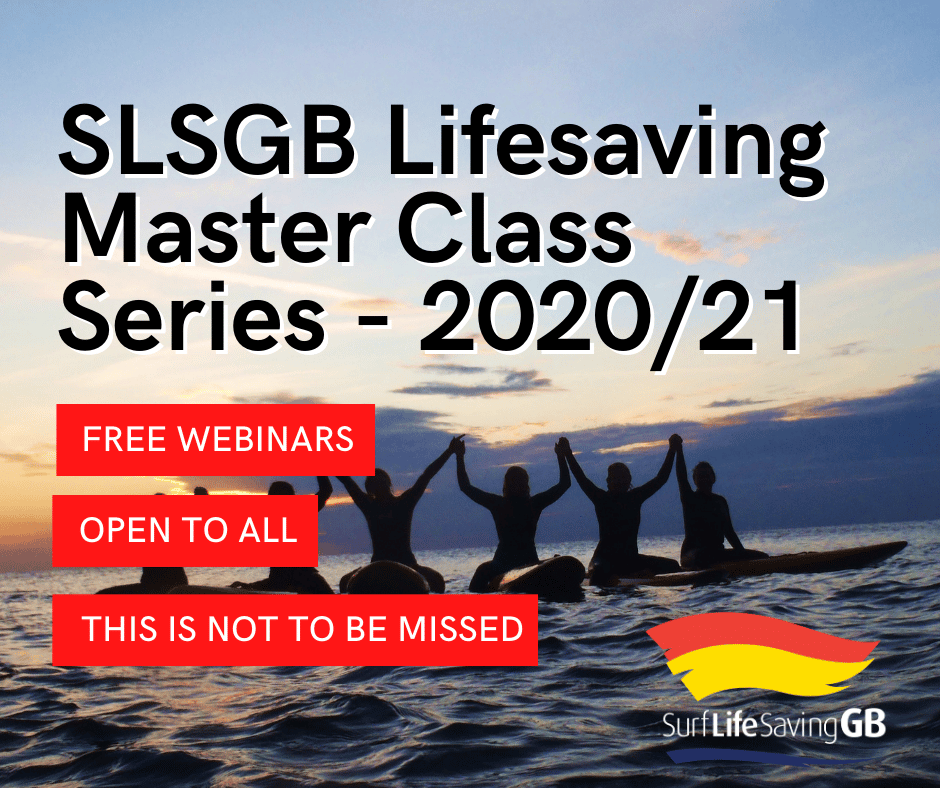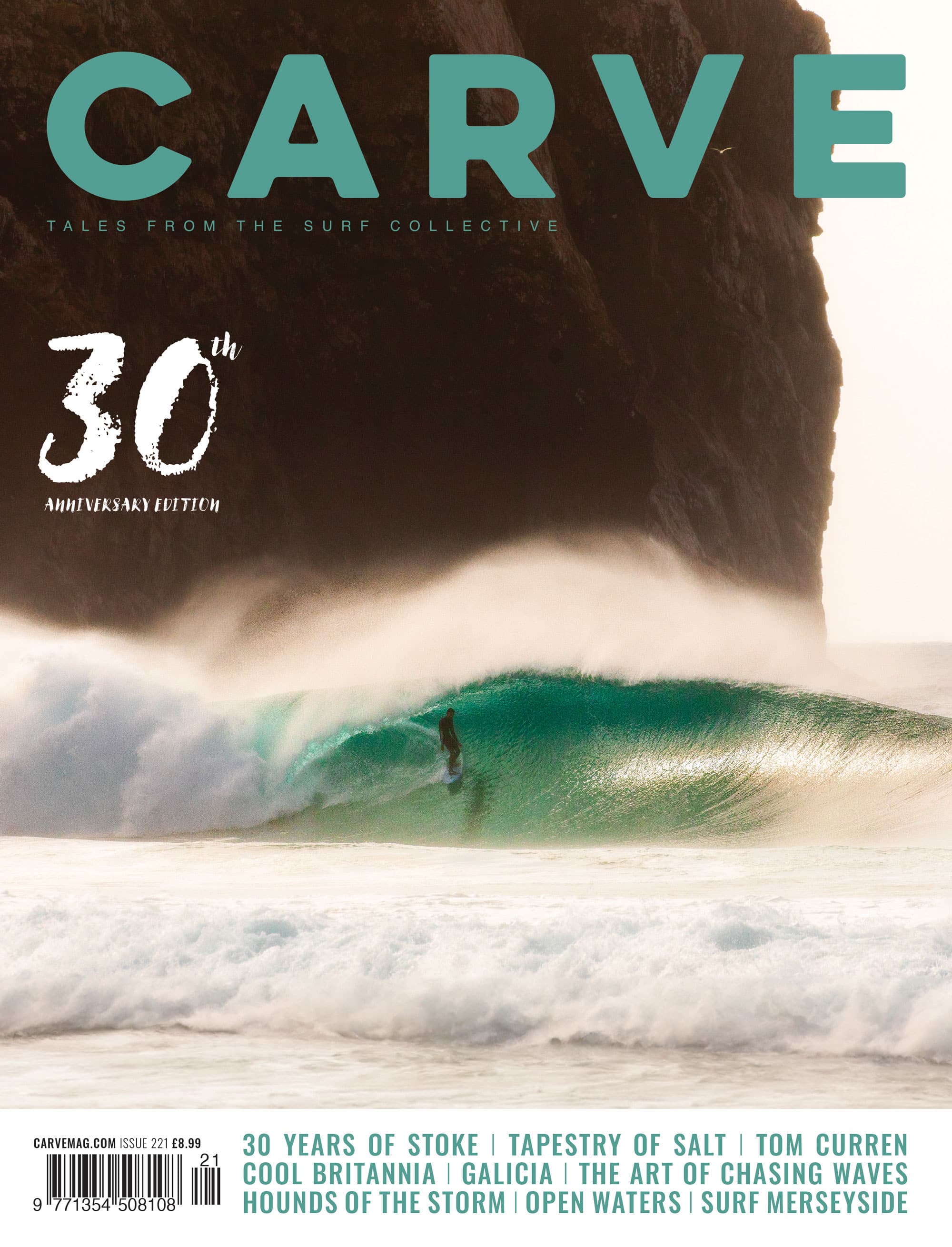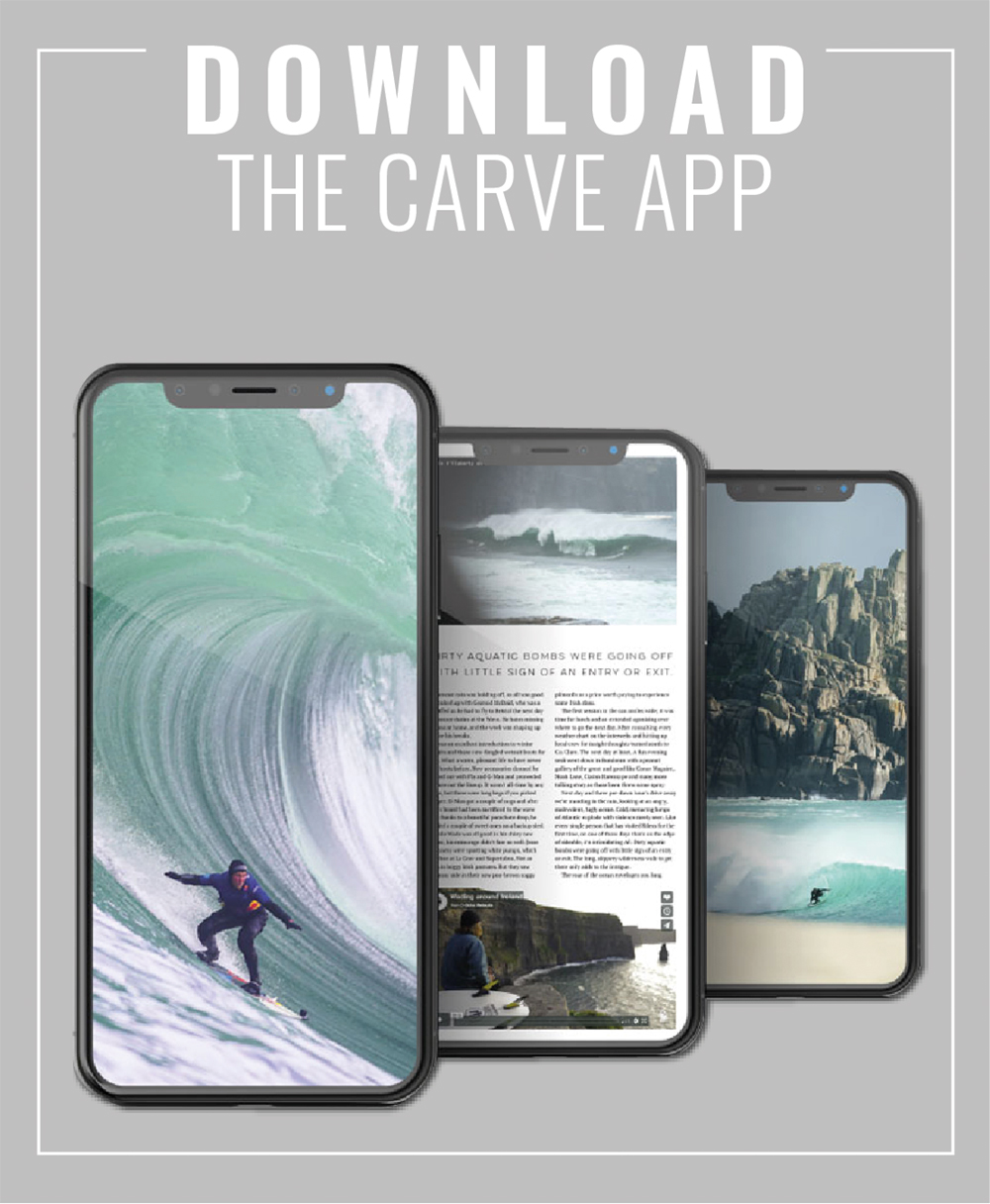SurfLifesaving GB have announced a series of ‘open to all’ Lifesaving Master Classes.
Surfers are often the first to spot people in danger and intervene saving many lives every year.
Whether you are just starting out on your journey in Lifesaving or have been there, done it, got the T-shirt, these sessions will bring a new dimension of awareness to your Lifesaving capability and keeping others safe where and when there is danger to life. Our first Master
Class topic will address:
“Making Effective Hazard Detection the Cornerstone of Your Lifesaving Strategy”
Why is this important?
Surveillance is the foundation of lifeguarding; it is the activity that lifeguards do most of the time and has the highest impact on outcomes. Despite the importance of hazard detection and surveillance, they are relatively under-researched, and constitute a small amount of training time or space in training manuals.
Understanding what contributes to effective hazard detection and applying that knowledge is a critical factor in determining a successful incident outcome whether you are a Lifeguard or want to be a Lifesaver.
This topic will be covered in a one hour session held on Zoom on Monday 7th December starting at 6.20pm and includes the opportunity for the Presenters to respond to audience questions raised by email during the session.
Hosted by Prof Mike Tipton MBE, FTPS,PhD, MSc
Led by Dr Jenny Smith C.Psycol, BASES, fHEA
Dr Jenny Smith is based at the University of Chichester. Over the past 10 years, she has specialised in various aspects of drowning prevention and has recently conducted and published studies involving the identification of cognitive factors that underpin hazard detection by lifeguards, decision-making processes employed by lifeguards, and observation strategies used by lifeguards.
She is an active researcher in the Institute of Sports’ Occupational Performance Research Group and has been principal investigator on several industry-funded scientific experiments relating to cognitive load, fatigue, surveillance, and eye movements.
Prof Mike Tipton is Professor of Human & Applied Physiology, Extreme Environments Laboratory, School of Sport Health & Exercise Science, University of Portsmouth. He has spent over 35 years researching and advising the military, industry and elite sports people in the areas of drowning and thermoregulation, environmental and occupational physiology and survival in the sea. He has published over 650 scientific papers, reports, chapters in these areas as well as the books, “The Essentials of Sea Survival” (Golden & Tipton, 2002) and “The Science of Beach Lifeguarding” (Tipton & Wooler, 2016).
All his research is rigorously directed to fully understand what happens when things go badly wrong and to finding practical solutions to save lives. His knowledge in functional rescue capability from fitness to response methods and procedures has set the benchmark in aquatic lifesaving. The outcome of his ground breaking work on the impact of cold water shock is an essential and ongoing guide to understanding and responding to the drowning process and on its own has saved many lives.






